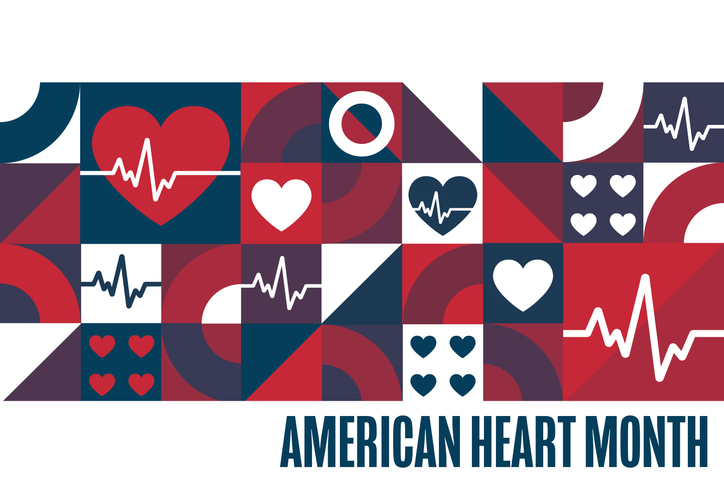The connection between hormones and vascular health is a relationship often overlooked but profoundly significant to women’s well-being. Hormones, particularly estrogen, play a pivotal role in maintaining the health and elasticity of blood vessels. Yet, hormonal fluctuations experienced during life stages such as puberty, pregnancy, and menopause can have a noticeable impact on vascular health.
Understanding these changes is crucial for taking proactive steps toward maintaining a healthy cardiovascular system. Whether you are embarking on the exciting changes of adolescence, navigating through the physical adaptations of pregnancy, or transitioning into menopause, this guide will provide insights into how hormonal changes influence vascular health and offer empowering tips to nurture your well-being.
Understanding Hormones and Their Vital Role
Hormones are the body’s messengers—chemical signals that regulate vital processes and maintain balance. Estrogen, a hormone unique to females, is one of the most significant players when it comes to vascular health.
Estrogen’s Role
Estrogen supports the health of blood vessels in several ways:
- Maintaining Vasodilation: Estrogen stimulates the production of nitric oxide, which helps blood vessels relax and expand. This ensures proper blood flow throughout the body.
- Promoting Elasticity: Healthy blood vessels are elastic, allowing them to accommodate shifts in blood pressure. Estrogen aids in maintaining this flexibility.
- Anti-inflammatory Properties: Estrogen has an anti-inflammatory effect, reducing the risk of damage within the vessels themselves.
However, the presence and levels of estrogen are anything but static. They change drastically at various stages of life, altering their impact on vascular health.
How Hormones Affect Blood Vessels
Blood vessels are like the highways of your body, tirelessly delivering life-giving oxygen and nutrients to tissues. However, they are highly sensitive to hormonal changes.
When estrogen levels drop—such as during menopause—vascular health can begin to decline. The elasticity of the blood vessels decreases, inflammation increases, and the risk of conditions like hypertension, peripheral artery disease, and even stroke may rise. These changes underscore how deeply hormonal balance and vascular health are intertwined.
On the flip side, rising estrogen levels during life stages like pregnancy can increase blood flow and support vascular function. Each shift, whether an increase or decrease, can leave its unique mark on the cardiovascular system.
Hormonal Shifts Across Life Stages
Hormonal fluctuations during key life stages not only affect mood and energy levels but also directly impact vascular health.
Puberty
During puberty, estrogen production kicks into high gear. Blood vessels become more robust and elastic, priming the young body for the demands ahead. This period often represents the “golden years” of vascular health for many women.
Pregnancy
Pregnancy is marked by a surge in estrogen and progesterone—both of which ensure increased blood flow and vascular adaptability to accommodate the fetus’s growing needs. However, conditions like gestational hypertension and preeclampsia can emerge if vascular health is compromised.
Menopause
Menopause marks one of the most significant hormonal shifts in a woman’s life. Estrogen levels plummet, leading to reduced vascular elasticity, less nitric oxide production, and increased risk of vascular disease. This is also when many women begin experiencing symptoms like hot flashes, which may further affect vascular function.
Prevention and Management
The good news is that plenty of steps can be taken to support vascular health and minimize the impact of hormonal shifts. These include simple lifestyle changes combined with guidance from expert vascular care providers.
Lifestyle Tips for Healthy Blood Vessels
- Follow a Heart-Healthy Diet
Prioritize whole foods such as leafy greens, fruits, lean proteins, and healthy fats. Omega-3 fatty acids, found in fish, walnuts, and flaxseed, are particularly beneficial for reducing inflammation and supporting vascular function.
- Stay Active
Aim for at least 150 minutes of moderate exercise per week. Whether it’s brisk walking, swimming, or yoga, physical activity improves circulation and strengthens the heart.
- Focus on Smoking Cessation
If you smoke, quitting is one of the best gifts you can give your vascular health. Seek support from healthcare providers or smoking cessation programs to get started.
- Stress Management
Practices like meditation, deep breathing, or even daily gratitude journaling can help reduce stress hormones that affect vascular health.
- Stay Hydrated
Drinking enough water aids circulation and ensures blood vessels remain flexible and functional.
- Routine Health Checkups
Regularly monitor key metrics like blood pressure, cholesterol levels, and blood sugar to stay ahead of conditions.
Seeking Professional Guidance
While prevention is powerful, expert support can be critical for addressing specific vascular concerns. Comprehensive care from specialists like The Vascular Care Group can provide all levels of support, from early intervention to advanced treatment.
Take Charge of Your Vascular Health
Understanding how hormonal changes influence vascular health empowers women to take control of their well-being. By maintaining a healthy lifestyle—coupled with professional guidance when needed—you can support your heart and blood vessels through every phase of life.
If you’d like to explore your vascular health more deeply, consider reaching out to The Vascular Care Group in New England. Their expert treatment and personalized approach will help you chart a path to better vascular health. Schedule your consultation today and take the first step to feeling empowered and cared for.









